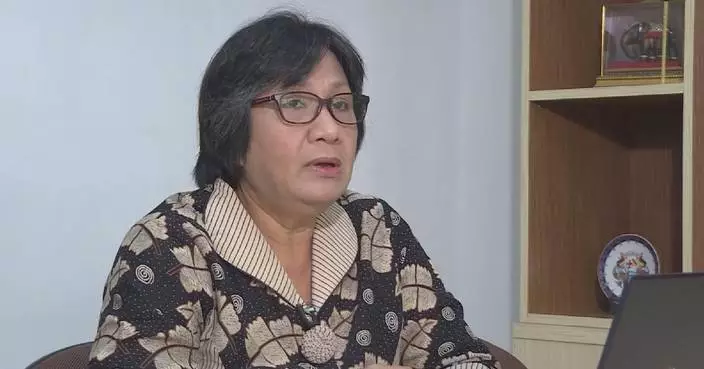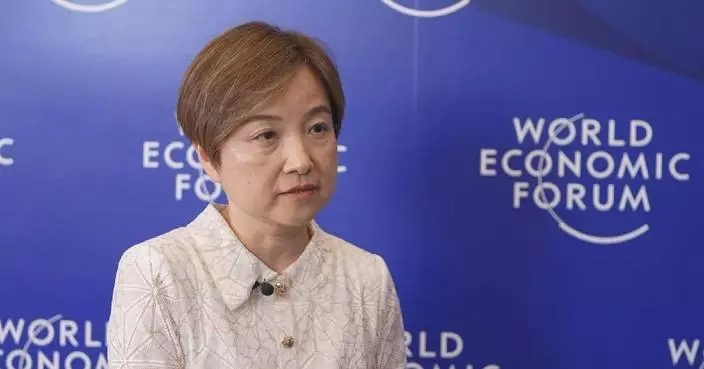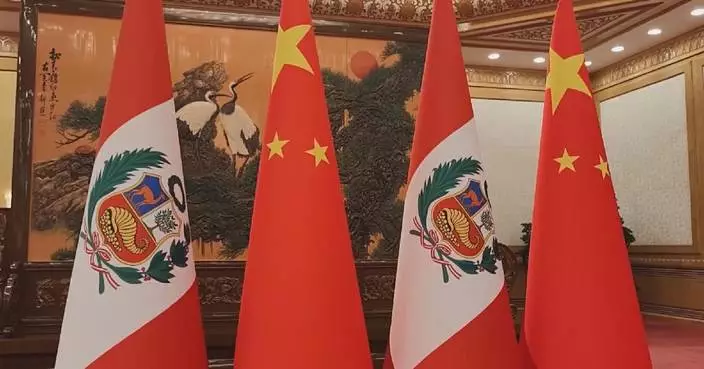As Kazakhstan's chairmanship in the Shanghai Cooperation Organization (SCO) draws to a close this year, the SCO member states are taking stock of the past year's energy sector achievements and are looking to China, the next chair, to continue the momentum.
During its chairmanship in the SCO, Kazakhstan organized almost 180 events in various fields, focusing on ensuring security and stability and combating the "three forces of evil" -- terrorism, separatism, and extremism. Emphasis was also placed on the economic component, investment, transport, and energy.
Before the upcoming Astana SCO summit in July, a crucial meeting of SCO energy ministers was held in Kazakhstan. The focus was on how resource-rich countries can effectively manage their assets to maximize economic benefits.
"The Russian Federation exports electricity to the Kyrgyz Republic and Kazakhstan. That is why we maintain ties with the Russian Federation. In the Kyrgyz Republic, the Ministry of Energy, with the support of the state, plans to enter [the market of the People's Republic of China]. We currently have an output capacity of 110 kilowatts and now we plan to build a 500-kilowatt line," said Minister of Energy of Kyrgyzstan Taalaibek Ibraev.
A balanced approach to the development of traditional and renewable energy, taking into account the national characteristics of the SCO countries, forms the basis of the Strategy for the Development of Energy Cooperation of the SCO member states until 2030.
This document, initiated by Kazakhstan, was worked on for a year during 16 meetings. Now, it is ready for signing by heads of state at the SCO summit.
"This document contains several basic strategic directions. The first is, of course, ensuring energy security. This involves the construction of large-scale investment projects in the field of power generation, renewable energy sources, the development of power grids, inter-system power grids, cross-border power transmission lines, and energy storage, and investments in the development and production of energy resources, including hydrocarbon," said Kazakhstan's Minister of Energy Almasadam Satkaliyev.
Such activity significantly revitalized the organization and united it in many areas. In particular, Kazakhstan, one of the founders of the SCO, has focused on promoting the green agenda. As a result, 2024 has been declared the Year of Ecology.
"I believe that Kazakhstan's chairmanship can be viewed positively. Our country has made genuine efforts to transform the SCO into an even more authoritative platform, adding a tangible contribution to the development of the organization in the economy and other fields. Kazakhstan's priorities include economic interconnectedness, building transport corridors, and developing the energy sector. In addition, I think some more work should be done to form a financial structure within the SCO involving a payment system and settlement in national currencies. This way, the framework for economic cooperation within the SCO will be formed," said Yersultan Zhanseitov, head of the Chinese and Asian Studies Program at the Institute of World Economics and Politics.
Against the worsening international situation, interest in the SCO is only growing.
The SCO family, whose population accounts for almost half the globe, is also expanding.
Iran joined a year ago, and Belarus is on the verge of being accepted. This will be a significant event at the summit, where a new concept, also initiated by Kazakhstan, will be adopted.
The results of Kazakhstan's chairmanship in the SCO will be summed up at the upcoming summit. Astana has been chairman for the fourth time since the organization's existence. According to experts, the baton will be passed to China, which will strengthen business partnerships.
Great hopes are pinned on China's chairmanship of the SCO and energy.
"China is one of the world leaders in both technological achievements and development in the field of renewable energy. Uzbekistan is making every effort to develop solar and wind power generation. We have begun building power storage projects using Chinese technology and equipment. We hope to further expand our work in this direction," said Uzbekistan's Energy Minister Jurabek Mirzamakhmudov.
Energy workers are also ready to expand cooperation in innovation and personnel training, as China, within the SCO, can provide a powerful incentive to the development of the entire fuel and energy industry and beyond.
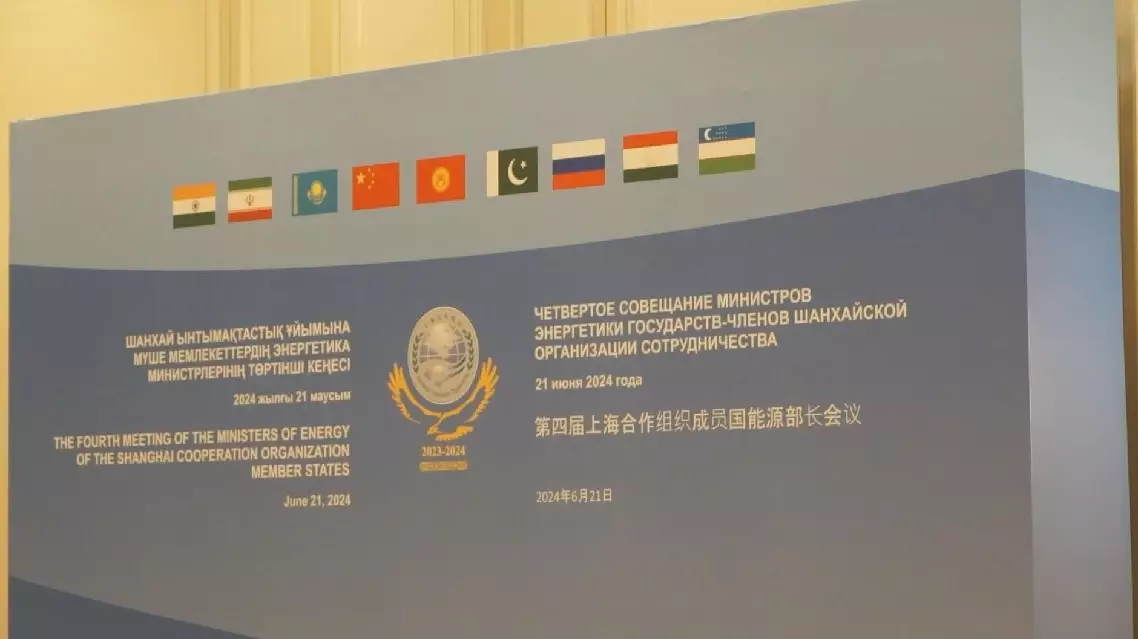
SCO energy ministers meet in Kazakhstan to review energy sector, set future blueprint
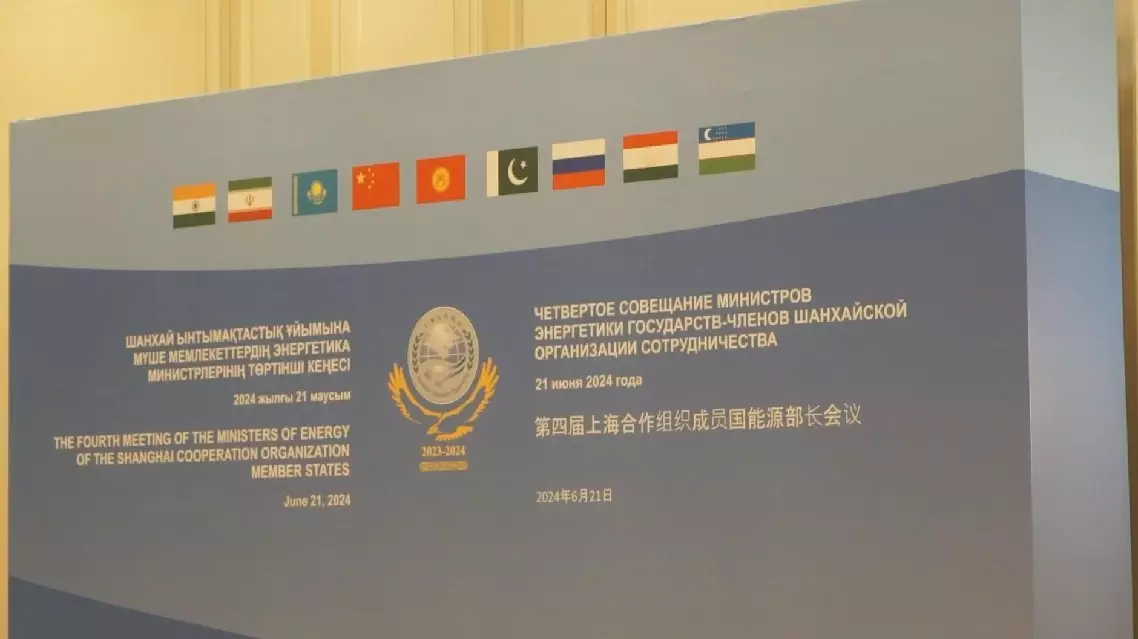
SCO energy ministers meet in Kazakhstan to review energy sector, set future blueprint



